Share on social

Holistic Policy Can Elevate Women Entrepreneurs to New Heights
Tuesday 11 November 2025
.png?lang=en-GB&ext=.png)
Few frontiers in business are as dynamic and outright exciting as the ecosystem of entrepreneurs. In many ways, it stands alone in delivering out-of-the-box innovation, enriching economies and bringing about an incredible sense of personal fulfilment for those willing to take that carefully calculated leap of faith.
You only need to listen to a start-up story for a few minutes to realise just how all-consuming the process is. Launching and sustaining a successful business is a round-the-clock endeavour that doesn’t know weekends or work-life balance. Which begs the question: shouldn’t something so involved and fast-moving be supported by business policies and support mechanisms that are equally dynamic?
Last week in Glasgow, ISBE 2025 was the platform for the Women’s Enterprise Policy Group (WEPG) to unite policymakers, researchers, and practitioners in the field to champion entrepreneurs on a region-wide basis. Connecting these three often siloed circles – academia, government and practitioners – on a nationwide basis brought unique perspectives that helped spark shared learning.
It demonstrated how, when the lines of collaboration are in place, policymakers and practitioners can in theory gain sight of successful mechanisms for entrepreneurial support and consider how they might be repurposed in a local setting. A ‘light bulb moment’ that can help expedite real, long-lasting progress when the mission is the same: unlocking inclusive growth.
Systemic challenges will only be untangled through holistic solutions. Doubly so for women entrepreneurs, who have long come up against barriers around access to finance and gender bias when starting and scaling their business. That only a tiny fraction of venture capital investment goes to women-led business, in 2025, is frankly beyond the pale.
Regional disparities only amplify this gap. Sweeping headlines calling London the start-up capital of Europe ring hollow when only 1% of total deals are struck in Northern Ireland. Which only places greater emphasis on the need for collaboration across sectors and nations alike. Indeed, a large-scale nationwide programme dedicated to supporting women founders was among the recommendations put forward in the Women and Equalities Committee report on Female Entrepreneurship.
As WEPG co-chair, we put the focus squarely on evidence-based research, looking to the likes of America’s women business centres as real-world examples of resourcing entrepreneurs effectively, so that women who choose to enter the ecosystem are ultimately better equipped to navigate its unique challenges and carve out long-term success.
This, of course, requires buy-in at policymaker level. Without a chosen champion for women-led business in Northern Ireland, progress can feel frustratingly slow. A feeling compounded when the Programme for Government lacks an economic gender lens and therefore any tangible support for businesswomen on the ground.
Yet Women in Business continues undeterred. By collaborating with our partners and drawing on the shared learnings that have helped to unlock so much for so many. The entrepreneurial energy is inspiring – infectious, even – but it’s one which warrants constant kindling. By government, practitioners and academia. Only then will its true potential be realised.
You only need to listen to a start-up story for a few minutes to realise just how all-consuming the process is. Launching and sustaining a successful business is a round-the-clock endeavour that doesn’t know weekends or work-life balance. Which begs the question: shouldn’t something so involved and fast-moving be supported by business policies and support mechanisms that are equally dynamic?
Last week in Glasgow, ISBE 2025 was the platform for the Women’s Enterprise Policy Group (WEPG) to unite policymakers, researchers, and practitioners in the field to champion entrepreneurs on a region-wide basis. Connecting these three often siloed circles – academia, government and practitioners – on a nationwide basis brought unique perspectives that helped spark shared learning.
It demonstrated how, when the lines of collaboration are in place, policymakers and practitioners can in theory gain sight of successful mechanisms for entrepreneurial support and consider how they might be repurposed in a local setting. A ‘light bulb moment’ that can help expedite real, long-lasting progress when the mission is the same: unlocking inclusive growth.
Systemic challenges will only be untangled through holistic solutions. Doubly so for women entrepreneurs, who have long come up against barriers around access to finance and gender bias when starting and scaling their business. That only a tiny fraction of venture capital investment goes to women-led business, in 2025, is frankly beyond the pale.
Regional disparities only amplify this gap. Sweeping headlines calling London the start-up capital of Europe ring hollow when only 1% of total deals are struck in Northern Ireland. Which only places greater emphasis on the need for collaboration across sectors and nations alike. Indeed, a large-scale nationwide programme dedicated to supporting women founders was among the recommendations put forward in the Women and Equalities Committee report on Female Entrepreneurship.
As WEPG co-chair, we put the focus squarely on evidence-based research, looking to the likes of America’s women business centres as real-world examples of resourcing entrepreneurs effectively, so that women who choose to enter the ecosystem are ultimately better equipped to navigate its unique challenges and carve out long-term success.
This, of course, requires buy-in at policymaker level. Without a chosen champion for women-led business in Northern Ireland, progress can feel frustratingly slow. A feeling compounded when the Programme for Government lacks an economic gender lens and therefore any tangible support for businesswomen on the ground.
Yet Women in Business continues undeterred. By collaborating with our partners and drawing on the shared learnings that have helped to unlock so much for so many. The entrepreneurial energy is inspiring – infectious, even – but it’s one which warrants constant kindling. By government, practitioners and academia. Only then will its true potential be realised.
Author Lorraine Acheson, Managing Director of Women in Business, part of The WiB Group
Tuesday 11 November 2025



 Contact us
Contact us
 Share on social
Share on social Share with a friend
Share with a friend Facebook
Facebook LinkedIn
LinkedIn
 Twitter
Twitter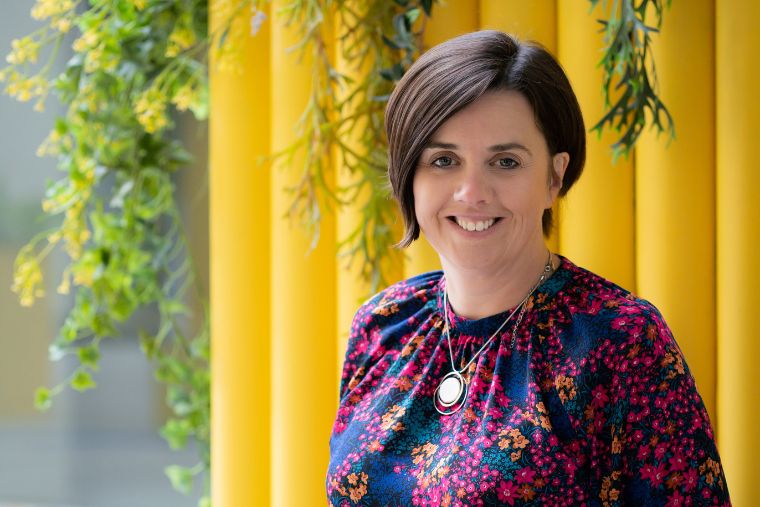

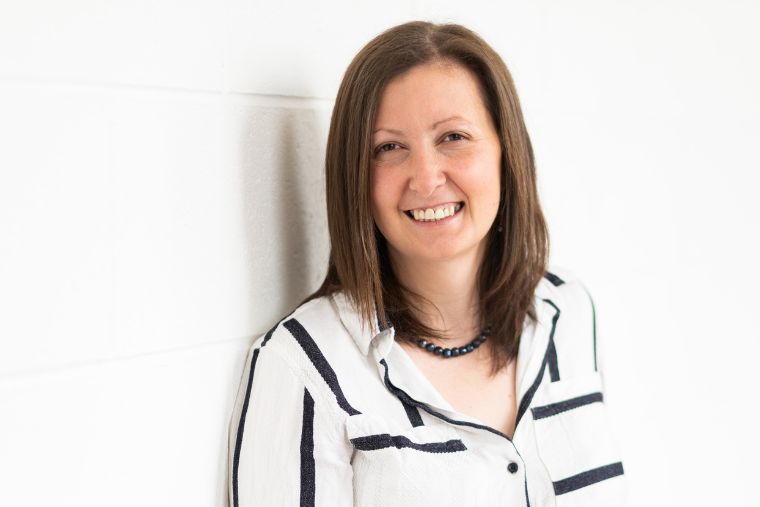



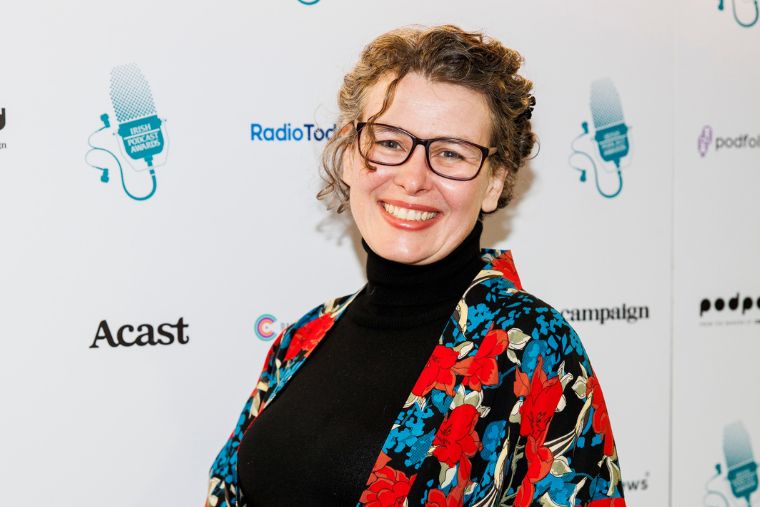
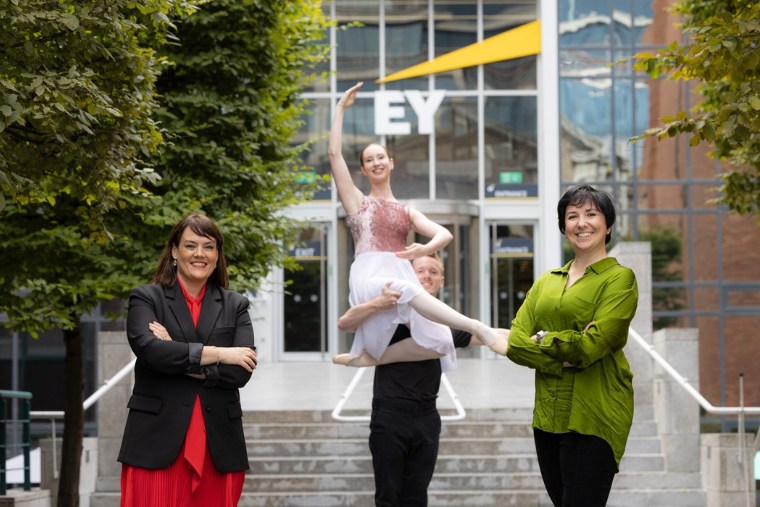
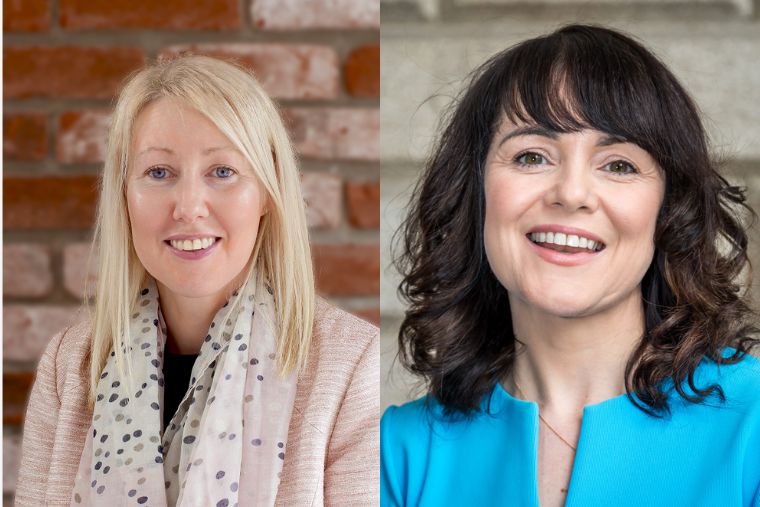




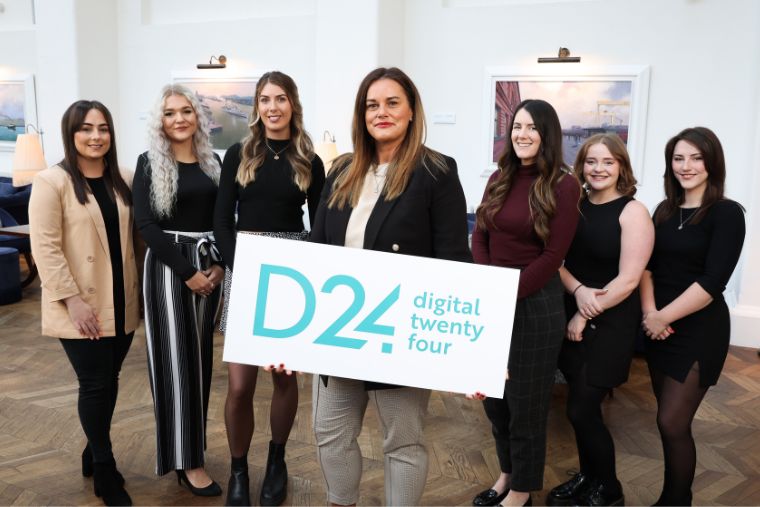
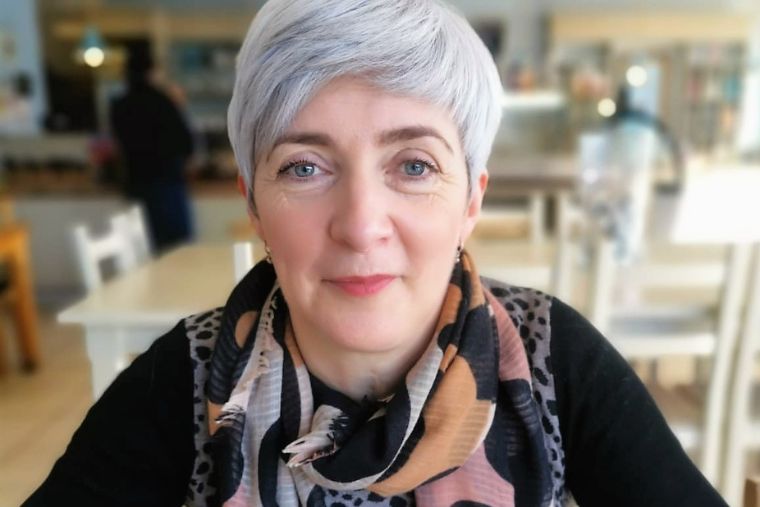
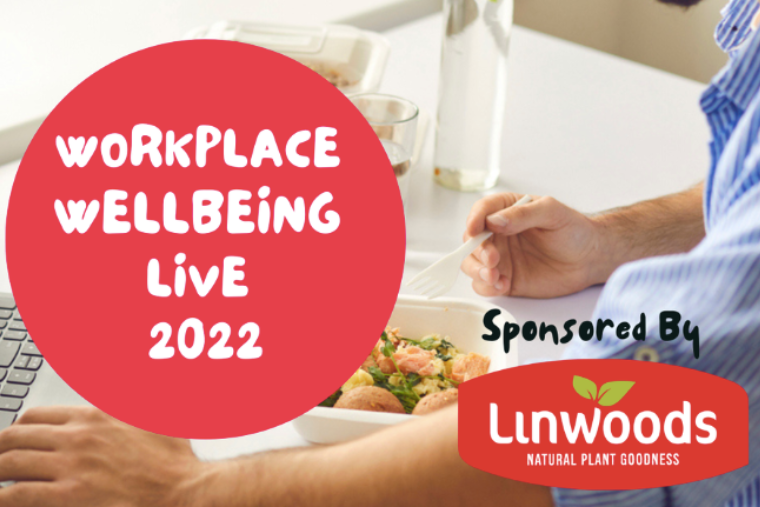





 Get in touch with us
Get in touch with us